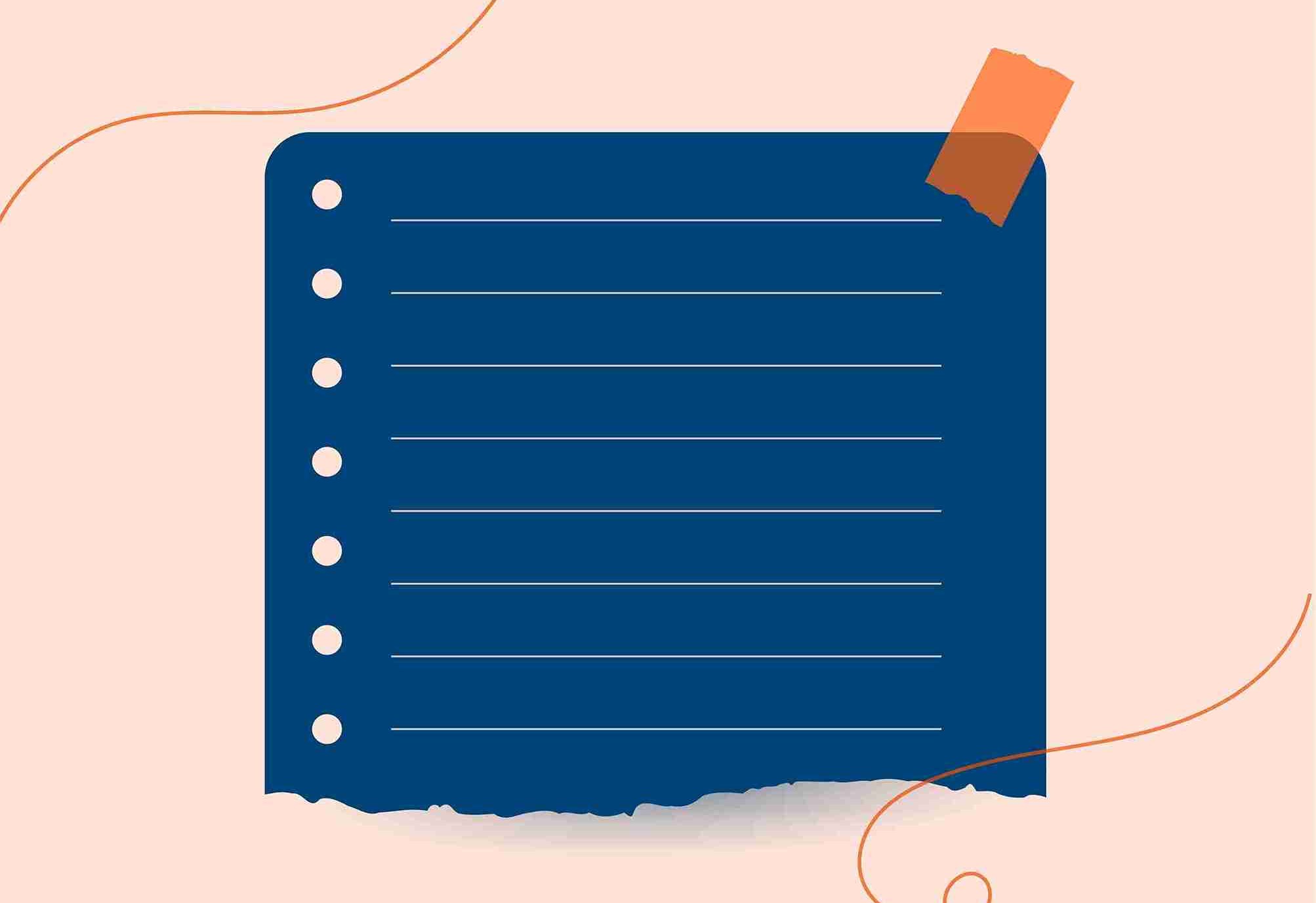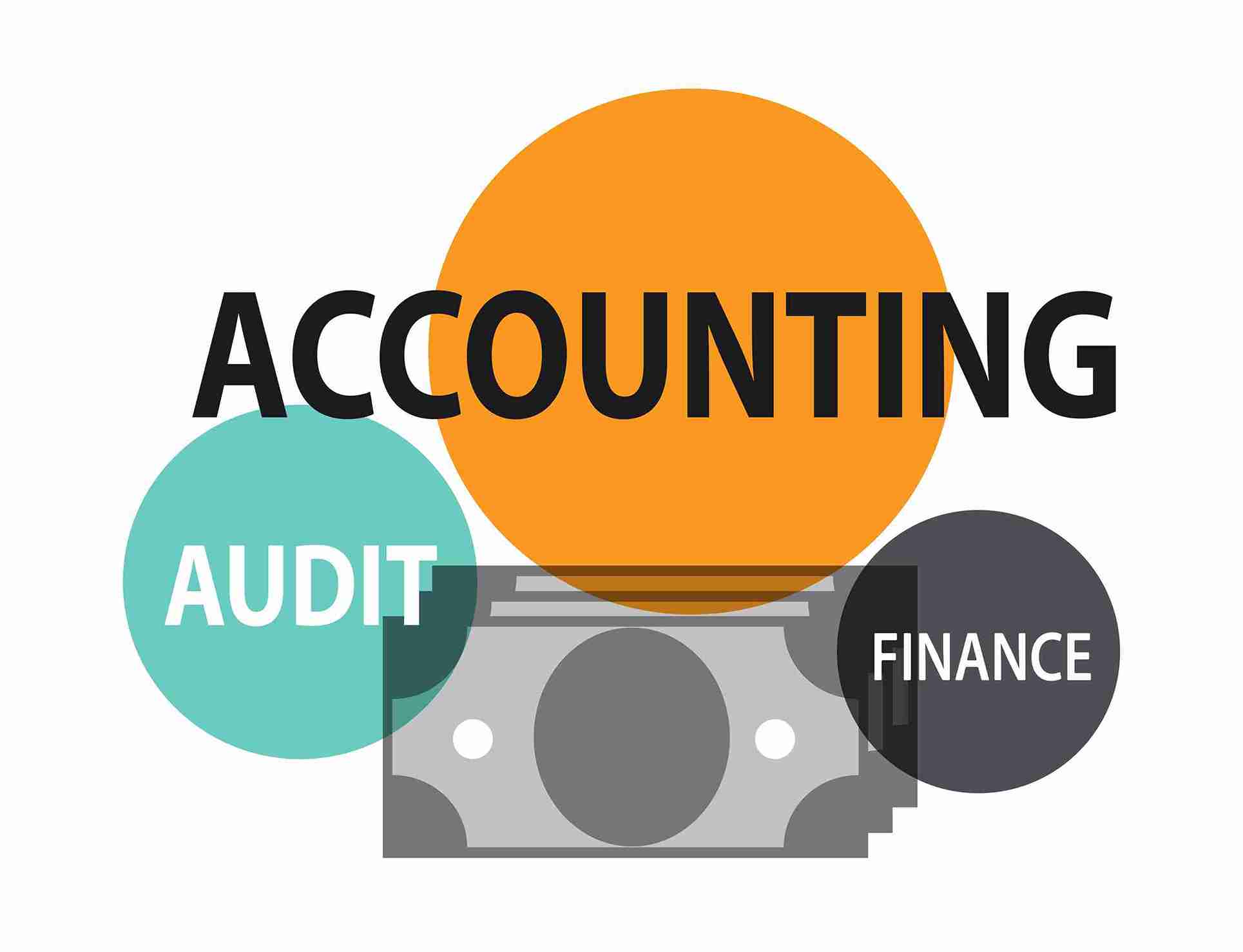Becoming a Chartered Accountant (CA) is one of the most respected and rewarding career paths in finance and accounting. It offers excellent job prospects, high earning potential and credibility across industries. The journey requires deep commitment, a structured approach to preparation and a clear understanding of the process involved.
The CA program combines thorough theoretical learning with hands-on professional training. Students master technical concepts while gaining practical experience through articleship. This integrated structure ensures that every qualified CA is academically equipped and professionally trained to handle real-world business challenges from day one.
This guide walks you through every major aspect of the CA journey, from eligibility and course structure to preparation strategies and key skills required. Whether you are a student, graduate or working professional considering a shift, this guide offers clarity on each stage of the CA curriculum, including Foundation, Intermediate and Final levels, along with tips for navigating articleship and final exams with confidence.
Who Is A Chartered Accountant (CA)?
A Chartered Accountant (CA) is a finance expert who handles accounting, taxes, auditing and money management. CAs do more than work with numbers, they help businesses stay financially healthy and follow the law. The word “Chartered” means the qualification is legally recognized, making it more valuable than regular accounting degrees. CAs are not just bookkeepers or tax filers, they are also trusted money advisors who know business laws and financial rules.
In India, the CA course is run by the Institute of Chartered Accountants of India (ICAI), which started in 1949. ICAI makes sure CA training meets world-class standards. CAs in India perform various roles including auditing company accounts, tax planning, budget management and providing financial guidance to individuals, startups, corporations and government organizations. This makes the CA qualification one of the most respected and professional degrees in the finance industry.
The Role And Responsibilities Of A CA
Chartered Accountants play a vital role in shaping the financial health and integrity of businesses and the overall economy. From startups and SMEs to large corporations, CAs are trusted professionals who help organizations make better financial decisions for the future. Here are some of the key roles and responsibilities of a CA In India:
- Statutory Auditing- CAs conduct audits to verify that a company’s financial statements are accurate and comply with legal and regulatory standards. This audit opinion helps build trust among investors, lenders and regulators.
- Taxation Advisory- They assist businesses and individuals in complying with income tax, GST and other tax laws. They also help structure transactions to minimize tax liability without breaking legal boundaries.
- Financial Reporting- Chartered Accountants prepare and review financial reports that reflect a true and fair view of the company’s performance.
- Regulatory Compliance- Ensuring that companies meet all legal and financial requirements set by authorities such as the Ministry of Corporate Affairs (MCA), RBI and SEBI.
- Budgeting- CAs help organizations plan their financial future by preparing realistic budgets and financial forecasts based on historical and market data.
- Representation Before Authorities- In case of disputes or clarifications, Chartered Accountants represent clients before tax departments, audit boards or financial regulators.
- Management Consultancy- They advise on business strategies, cost control, process improvements and investment decisions, offering valuable insights from a financial perspective.
How To Become CA After 12th?
Becoming a Chartered Accountant (CA) after completing Class 12 is a rewarding career path for students from the commerce stream. The CA course, offered by the Institute of Chartered Accountants of India (ICAI), is known for its correct training, in-depth syllabus and strong professional outcomes. This guide outlines every step of the CA journey after Class 12, including eligibility, registration, course structure, exams, practical training and more.
Step 1: Meet The Eligibility Criteria
Students who have passed their Class 12 examination from a recognized board (any stream, but preferably commerce) are eligible to register for the CA Foundation course. There is no minimum percentage required, but a strong foundation in subjects like Accountancy, Economics and Business Studies is helpful.
Step 2: Register For CA Foundation Course
Students must register with ICAI for the CA Foundation course. Registration can be done online through the official ICAI website. It is recommended to register at least four months before the exam month. The Foundation exam is conducted twice a year (May and November).
Step 3: Prepare And Clear The CA Foundation Exam
The CA Foundation course includes four subjects. This exam includes both subjective and objective-type papers. Clearing this level requires dedicated study and practice.
Step 4: Register For The CA Intermediate Course
Once the CA Foundation exam is cleared, students must register for the CA Intermediate course. This level is divided into two groups, each containing four subjects. Students can choose to appear for one group at a time or both together.
Step 5: Complete ICITSS (Information Technology and Orientation Course)
Before starting the articleship training, students are required to complete the ICITSS, which includes training in information technology and soft skills. This training is mandatory and must be completed before starting the practical training.
Step 6: Start 2-Year Articleship Training
After passing at least one group of the CA Intermediate exam and completing ICITSS, students must undergo a 2-year practical training known as articleship under a practicing Chartered Accountant.
Step 7: Register For The CA Final Course
During the last six months of articleship, students are eligible to register for the CA Final course. The CA Final is the last and most advanced level of the CA course. Like the Intermediate level, it consists of two groups of four subjects each.
Step 8: Complete Advanced ICITSS
Before appearing for the CA Final exam, students must complete the Advanced ICITSS course, which further enhances their skills in IT and management communication.
Step 9: Clear The CA Final Exam
The CA Final exam is the last academic milestone. Students must clear both groups to qualify as a Chartered Accountant. This stage tests advanced knowledge of accounting, auditing, law and strategic financial management.
Step 10: Apply For ICAI Membership
Once both groups of the CA Final are cleared and the articleship is completed, students can apply for membership with ICAI. After receiving the membership certificate, they can officially use the CA designation.
10 Tips For Success
1. Start Early, Do Not Wait
As soon as you register for CA Foundation, download the soft copies of the study material from the ICAI website and begin studying. Do not waste time waiting for the physical books to arrive. Even if you study for just 1–2 hours a day in those early weeks, you will get a head start while others are still waiting. These extra days can make a big difference in your preparation.
2. Set Up a Study-Only Zone
Find a quiet and comfortable place at home where you can study regularly. Keep your phone away or on silent and let your family know your study schedule so they avoid disturbing you. A clutter-free, distraction-free space helps you focus better. You can also try a library to feel more productive in a library, choose what works best for you.
3. Follow ICAI Updates Regularly
Make it a habit to check the ICAI official website at least twice a week. This is where all important updates – like syllabus changes, exam dates and mock papers. Bookmark the student section and keep an eye on their social media pages too. Missing an update might cost you valuable time or lead to confusion later.
4. Practice Writing By Hand
CA exams are still handwritten and many students are now used to typing everything on phones or laptops. Start writing with a pen every day. It helps build writing speed and improves clarity. In the exam, you will have to write non-stop for three hours, so get used to it early.
5. Learn To Manage Your Time
Time management is not just for exams, it matters in daily study too. Use simple techniques like the Pomodoro method: study for 25 minutes, then take a short 5-minute break. This keeps your brain refreshed, even during exams, learn to divide your time between sections and do not get stuck on one difficult question. Keep moving and return later if needed.
6. Focus On Concept Clarity
Foundation is the base for your entire CA journey. Try to understand concepts deeply instead of just memorizing them to pass. If you are weak in accounting basics now, you will struggle even more in Intermediate and Final levels. Build a strong base here, it will help you throughout.
7. Join Online Study Groups
Be part of CA student communities on WhatsApp, Telegram or Reddit. These groups are full of useful discussions, tips and motivation. Seniors often share their experiences and resources too. But use these platforms strictly for study-related help. Do not get distracted by unnecessary chats or forwards.
8. Take Care Of Your Body And Mind
Long study hours can be tiring. Make time for light physical activity, like walking, yoga or stretching to stay active. Eat nutritious meals and drink enough water. Most importantly, get good sleep. A tired brain cannot focus or retain information well.
9. Learn From Those Ahead Of You
Speak to seniors who have cleared the Foundation level. Ask about the mistakes they made and what they would have done differently. Read interviews of toppers and failure stories online, they give real insights into what works and what to avoid. Some common regrets? Not taking mock tests seriously, ignoring weak areas or starting too late.
10. Build A Long-Term Mindset
CA is not an easy course and that’s okay. You will face days when the syllabus feels never-ending or when you score badly in a mock test, do not panic. Progress may be slow at times, but it’s still progress. Instead of thinking “I cannot do this,” remind yourself “I am learning and getting better.” Keep going, one chapter at a time.
CA Foundation: What To Study And How To Prepare
The CA Foundation course is the first level of the Chartered Accountancy journey, conducted by the Institute of Chartered Accountants of India (ICAI). It is structured to give students a strong base in accounting, law, mathematics, economics and business communication. The exam consists of one group with 4 papers and understanding each paper clearly is crucial for success.
Group I: CA Foundation Course Subjects
Principles And Practices Of Accounting
This paper introduces students to the basic principles of financial accounting. Topics include journal entries, ledgers, trial balances, depreciation, final accounts and accounting for partnerships and companies. This paper is practical and problem-based, so regular practice of numerical questions is key. Building a strong foundation in accounting here will help in the CA Intermediate and Final stages.
Business Laws, Business Correspondence & Reporting
This paper is divided into two parts:
- Section A (Business Laws): Covers the Indian Contract Act, Sale of Goods Act, Indian Partnership Act and basic company law. These laws help students understand the legal framework of Indian businesses.
- Section B (Business Correspondence & Reporting): Focuses on developing business communication skills, including writing emails, formal letters, reports and practicing comprehension and summary writing. These skills are vital for real-world professional communication.
Business Mathematics, Logical Reasoning & Statistics
This paper is a mix of mathematical concepts and data analysis.
- Business Mathematics includes ratios, percentages, simple and compound interest, time value of money and more.
- Logical Reasoning develops critical thinking with puzzles, seating arrangements and data interpretation.
- Statistics teaches how to work with data using averages, mean, median, mode, standard deviation and graphical representation. This paper strengthens analytical and numerical skills, which are important throughout your CA career.
Business Economics And Business & Commercial Knowledge
- Section A (Business Economics): Covers demand and supply, pricing, markets, production, national income and inflation. It helps students understand how economic factors influence business operations.
- Section B (Business And Commercial Knowledge): Introduces the structure of Indian businesses, financial systems, banking, government policies, stock exchanges and modern topics like digital payments and e-commerce. Staying updated with current affairs is important for this section.
Each of these four papers in CA Foundation plays a crucial role in shaping your knowledge for the next levels of Chartered Accountancy.
CA Intermediate: What To Study And How To Prepare
After clearing the CA Foundation exam, the next critical step is the CA Intermediate level. This stage demands a deeper understanding of concepts, analytical thinking and practical application. Success here depends largely on using the right study material and following a smart study plan.
ICAI Study Material: Your Most Reliable Resource
The Institute of Chartered Accountants of India (ICAI) provides comprehensive study material for all subjects. This material is not just a formality, it forms the foundation of exam preparation and reflects the latest exam pattern and syllabus. It includes:
- Conceptual explanations with real-life examples
- Practice questions after every chapter
- RTPs (Revision Test Papers) and MTPs (Mock Test Papers)
- Case-based questions and amendments
This material is applicable to both Group 1 and Group 2 and is frequently updated by ICAI. It should always be your primary source of learning.
CA Intermediate Subject List
The CA Intermediate syllabus is divided into two groups, each consisting of four papers:
Group 1:
1. Accounting
2. Corporate and Other Laws
3. Cost and Management Accounting
4. Taxation
Group 2:
1. Advanced Accounting
2. Auditing and Assurance
3. Enterprise Information Systems & Strategic Management (EIS-SM)
4. Financial Management & Economics for Finance (FM-ECO)
Accounting And Advanced Accounting:
These subjects are core to the CA profession. They cover journal entries, company accounts, partnership accounts and accounting standards. Regular numerical practice is the key.
- Start with basic concepts and gradually move to standards
- Maintain separate notebooks for adjustments and journal entries
- Focus on ICAI illustrations and RTPs
Corporate And Other Laws:
This paper is theory-based and involves understanding legal frameworks, company law and business law provisions.
- Use flowcharts and brief notes for each Act
- Practice MCQs to strengthen concept recall
- Revise case studies and important legal sections regularly
Cost And Management Accounting:
This is a calculation-heavy subject focusing on budgeting, cost analysis and decision-making techniques.
- Memorize key formulas and understand the logic behind each
- Practice a wide range of questions from ICAI study material and RTPs
- Solve previous years’ papers to understand examiner expectations
Taxation (Income Tax + GST):
One of the most dynamic papers with frequent amendments.
- Keep track of latest notifications and ICAI circulars
- Prepare a consolidated list of sections, limits and deductions
- Solve MCQs and case-based questions thoroughly
Auditing And Assurance:
This paper tests your ability to understand auditing standards, procedures and ethics.
- Develop the habit of writing answers in a structured format
- Use keywords from the standards while answering
- Revise SA numbers and their applicability regularly
EIS-SM:
Enterprise Information Systems and Strategic Management is a mix of technical theory and business strategy.
- For EIS, focus on flowcharts and diagrams to simplify learning
- For SM, use mind maps and real-life business examples
- Practice past exam questions to build confidence
Financial Management & Economics For Finance:
This paper is divided between practical financial concepts and economic theory.
- Build strong conceptual clarity in time value of money, capital budgeting and ratios
- Use ICAI’s economic theory chapters for macro and micro-level clarity
- Solve numericals daily to build speed and accuracy
Supplementary Resources: Use With Caution
While ICAI material is enough, some students prefer reference books for additional clarity. Use them only to support, not replace official material.
Digital Tools And Smart Preparation Techniques
Organize your study resources both physically and digitally for a smooth learning process.
Tips:
- Maintain separate folders for each subject
- Use online platforms for video lectures or concept reinforcement
- Regularly access ICAI’s portal and mobile app for updates and resources
- Attempt MTPs and RTPs before the exam to simulate real-time conditions
Practice Is Key: Mock Tests
Many students focus only on learning and forget to practice enough. Make practice a priority:
- Solve mock tests at least twice before the exam
- Go through all RTPs and MTPs released by ICAI
- Attempt previous year’s questions with a timer
- Review your answers to identify improvement areas
Cracking CA Intermediate is about using the right study material, understanding concepts deeply and practicing regularly. Stick to ICAI content as your base and use other tools only to enhance your preparation. Stay consistent, plan smartly and revise often.
CA Final: What To Study And How To Prepare
CA Final is the last stage of the Chartered Accountancy course and is divided into two groups, each containing four papers. Success in CA Final depends on conceptual clarity, regular practice and timely revision. Here is a detailed subject-wise guide to help students prepare effectively:
Financial Reporting (FR)
This is a core accounting subject that focuses on Indian Accounting Standards (Ind AS), financial statements and business combinations.
- Start with Ind AS basics: Understand each standard thoroughly with real-world examples to build conceptual clarity
- Create summary notes: Maintain separate notebooks for key principles, formats and exceptions for each Ind AS
- Practice past papers: Solve ICAI practice manuals, RTPs and mock tests to gain confidence
- Revise consolidated accounts regularly: These are heavily weighted and need frequent revision
Strategic Financial Management (SFM)
SFM deals with finance-related decisions such as capital budgeting, derivatives and risk analysis
- Understand concepts over formulas: Know why and how formulas work before applying them
- Make a formula sheet: Keep a running list of all formulas for daily revision
- Practice practical problems: SFM is numerical-heavy, so the more you solve, the better you score
Revise theory chapters too: Do not neglect the small theory portions which can carry crucial marks
Advanced Auditing And Professional Ethics
This subject includes auditing procedures, standards and ethical guidelines.
- Focus on Standards on Auditing (SA): Prepare short notes for each SA, especially with keywords and applicability
- Practice writing answers: Improve your presentation skills with bullet points, headings and case references
- Revise ethics regularly: Questions from this section are often direct but need accurate interpretation
Corporate And Economic Laws
This subject involves in-depth study of Company Law, FEMA, SEBI Regulations and other economic laws.
- Section-wise study: Make note-based summaries for each section and highlight penalty clauses
- Understand case laws: Application-based questions are frequent, so clarity in legal interpretation is vital
- Use flowcharts: For topics like compromises, mergers and meetings, visual aids help in quick revision
Strategic Cost Management And Performance Evaluation (SCMPE)
SCMPE is a blend of cost accounting and strategic decision-making.
- Understand case scenarios: Many questions are case-based, so practice from ICAI case study digest
- Highlight practical applications: Relate theoretical models to real-world strategies
- Summarise each chapter: Prepare flowcharts or tables to quickly recall frameworks
Elective Paper
You can choose from options like Risk Management, Economic Laws, International Taxation, etc.
- Know your material: Since it is an open book, tagging and navigating your notes is key
- Answer writing practice: Case studies require logical structuring and clarity in arguments
- Refer to ICAI modules extensively: Use them as your primary source
Direct Tax Laws And International Taxation
This subject covers income tax, assessment procedures and cross-border taxation.
- Prepare section-wise charts: It helps in remembering limits, rates and conditions
- Practice case laws: Many questions involve judicial interpretations
- Stay updated: Budget changes and Finance Acts are crucial for scoring well
Indirect Tax Laws
Covers GST and Customs Duty with practical filing procedures and compliance norms.
- Revise GST sections: Understand ITC rules, registration processes and return filing mechanisms.
- Focus on numerical problems: Like valuation and computation of tax liability.
- Customs law basics: Short yet scoring, do not leave it for the end.
This subject-wise strategy combines clarity, consistent practice and smart revision planning. Make sure to refer to ICAI material first, prepare personalized notes and solve mock tests regularly to track progress.
How Much Does A Chartered Accountant Earn?
The salary of a Chartered Accountant in India is one of the biggest reasons why many students choose this career path. On average, a fresher CA earns between ₹7 to ₹10 lakhs per year, especially if selected through ICAI campus placements. Top firms like Deloitte, EY, KPMG and PwC often offer higher packages to rank holders and candidates with strong article experience.
If a student secures a CA Final All India Rank, starting salaries can go up to ₹15-25 LPA. With 4-5 years of experience, Chartered Accountants can earn anywhere between ₹15 to ₹30 lakhs per annum, depending on the job role, company and industry. Those working in investment banking, international taxation or consulting often earn more.
Many CAs also choose to start their own practice. In such cases, income depends on the size and type of clients, but earnings can grow steadily with time. Overall, Chartered Accountancy offers one of the most high-paying and respected careers in India, with strong demand in both private and government sectors.
Conclusion
The CA journey is an exciting way to build a wonderful career that opens doors everywhere. You start with Foundation level to learn the basics, then grow through each stage as you get ready for real business work. The key is studying regularly, understanding concepts well and celebrating each step you complete.
What makes CA special is that you learn both theory and gain real work experience. When you finish, you will be confident and ready for any business opportunity. Being a CA means earning respect and creating great career options for yourself. Stay focused, keep learning and enjoy the journey, this path will give you a career you will absolutely love.
Related reads:
FAQs
Q1. What is the eligibility criteria for CA Foundation exam in India?
A- Students who have passed Class 12 from any stream can register for CA Foundation. There’s no minimum percentage requirement, making it accessible to all graduates.
Q2. How much does a Chartered Accountant earn in India?
A- Fresh CAs typically earn ₹6-12 lakhs annually, while experienced CAs can earn ₹15-50 lakhs or more. Senior CAs in big firms or with their own practice often earn crores.
Q3. What is the complete duration to become a CA in India?
A- It takes 4.5-5 years minimum to become a CA, including Foundation, Intermediate, 3 years articleship and Final levels. Most students complete it in 5-6 years.
Q4. What are the job opportunities after completing CA?
A- CAs can work in audit firms, corporate finance, taxation, banking, consulting or start their own practice. Government jobs, teaching and entrepreneurship are also popular options.
Q5. Is CA harder than other professional courses like CS or CMA?
A- CA is considered more challenging due to its comprehensive syllabus and low pass rates. However, the difficulty depends on your interest and preparation strategy.
Q6. Can I become a CA if I am bad at math?
A- Yes! CA involves more logic and understanding than complex math. Basic arithmetic and percentage calculations are enough for most CA topics.
Q7. Do CAs only work during tax season?
A- No, CAs work year-round on audits, financial planning, business consulting, and compliance. Tax season just makes them extra busy for a few months.
Q8. Can I do CA without studying much since it’s just accounting?
A- Definitely not! CA covers law, taxation, audit, finance and business strategy. It requires serious study and understanding, not just memorizing accounting rules.






 Facebook
Facebook Instagram
Instagram Twitter
Twitter